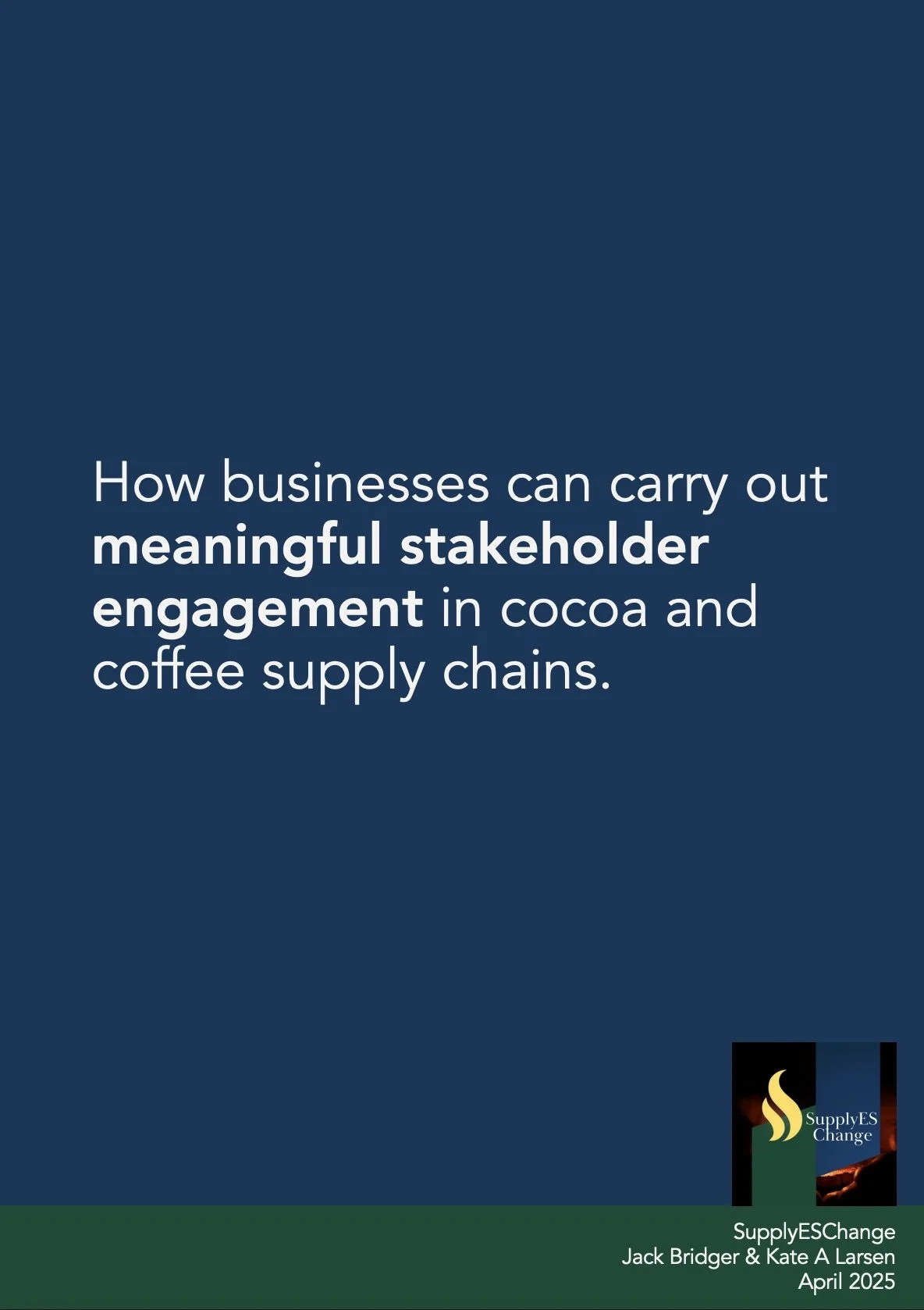How businesses can carry out meaningful stakeholder engagement in supply chains: case study cocoa & coffee.
This report is for businesses doing human rights due diligence (HRDD) especially in supply chains, and to provide guidance on how to conduct the meaningful stakeholder engagement in practice that HRDD expects, particularly when engaging affected or potentially affected rights-holders. This report, published in May 2025, was produced by Jack Bridger and Kate A Larsen from research and consultation with subject matter experts from the private sector, civil society and academia.
The Report was developed as a research project for the mid-career University of Bath Masters in Sustainability and Management, of (now graduate) Jack Bridger. SupplyESChange are proud to support sustainability careers development.
The main finding is that for engagement to be truly meaningful, businesses must be prepared to address the structural issues which drive human rights abuses, which the Report discusses. The Report helps readers gain insights into key issues for cocoa and coffee supply chains, including regarding price paid by buyer companies and sufficiency to lift smallholder farmers, farm workers, and their families out of poverty.
The report examines:
Weaknesses of the top-down, compliance-based approach that too many businesses have adopted when undertaking human rights due diligence to date.
The often-limited understanding of what constitutes ‘meaningful’ stakeholder engagement.
What is needed for sustainability teams to be able to deliver the meaningful stakeholder engagement and human rights due diligence expected of their companies.

